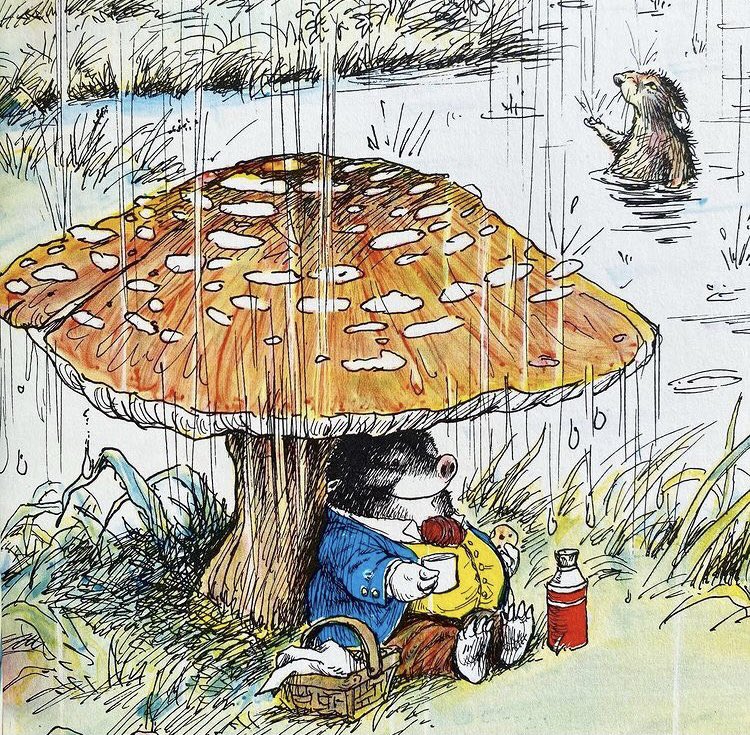I used to be interested in philosophy back in highschool, but now it’s just not doing it for me. Alot of it just seems to be like I think therefore I am, but if I wasn’t I wouldn’t be because if I was I would, but if I couldn’t, then I wouldn’t be able to, and if i… like bro maybe I’m dumb, but wtf are these dudes on about??? 😭
On another note, some of the worst of it like Nihilism goes so well hand in hand with capitalism.


On your first point’s note, I’ve started reading the Tao Te Ching recently, and it’s also been changing my life, although it’s kind of the polar opposite. The edition I own has this intro and glossary that goes into detail comparing the tao to other other philosophies of the time and it’s just so fascinating.
I was actually baffled when I found many concepts around the tao to be so similar to dialectics. Made me wonder if it was culturally easier for the Chinese people to assimilate Marxist concepts due to these elements they already had carried on since 400 BCE. It felt like reading On Contradiction all over again… Well, maybe not so much, but some parts were scarily reminiscent.
deleted by creator
Definitely, and I understand and agree with what you say. I just love Laozi because he’s taught me how to navigate my recent struggles and it’s been massively helpful to me. I’d say I’ve been a somewhat principled confucianist for a while, even if I didn’t know I was. Arguably, Marxist sentiment is fueled by the same solidary vein.
That said, my understanding from what I’ve read, which I must say isn’t Confucianist literature but rather some commentaries and quotes on it, is that Confucius believed the relationships one is born into are of utmost importance, with feudal loyalty being at the top and loyalty to fellow humans (benevolence) being at the bottom. Since you’ve read more Confucianist texts, pray tell me, did I get it right, or is there something I’m missing?
I know it also said something along the lines of “lords are worth serving because if one weren’t he’d be deposed by the people”, but as Marxists we know how far that goes. Truth be told, the nuance of historical context is important, but I was just thinking if that part of the whole wouldn’t be problematic to a contemporanean reader.
I know I probably have a very flawed understanding, since I (very regretfully) haven got around to reading more works yet, so I’m very looking forward to your instruction on the topic.
deleted by creator